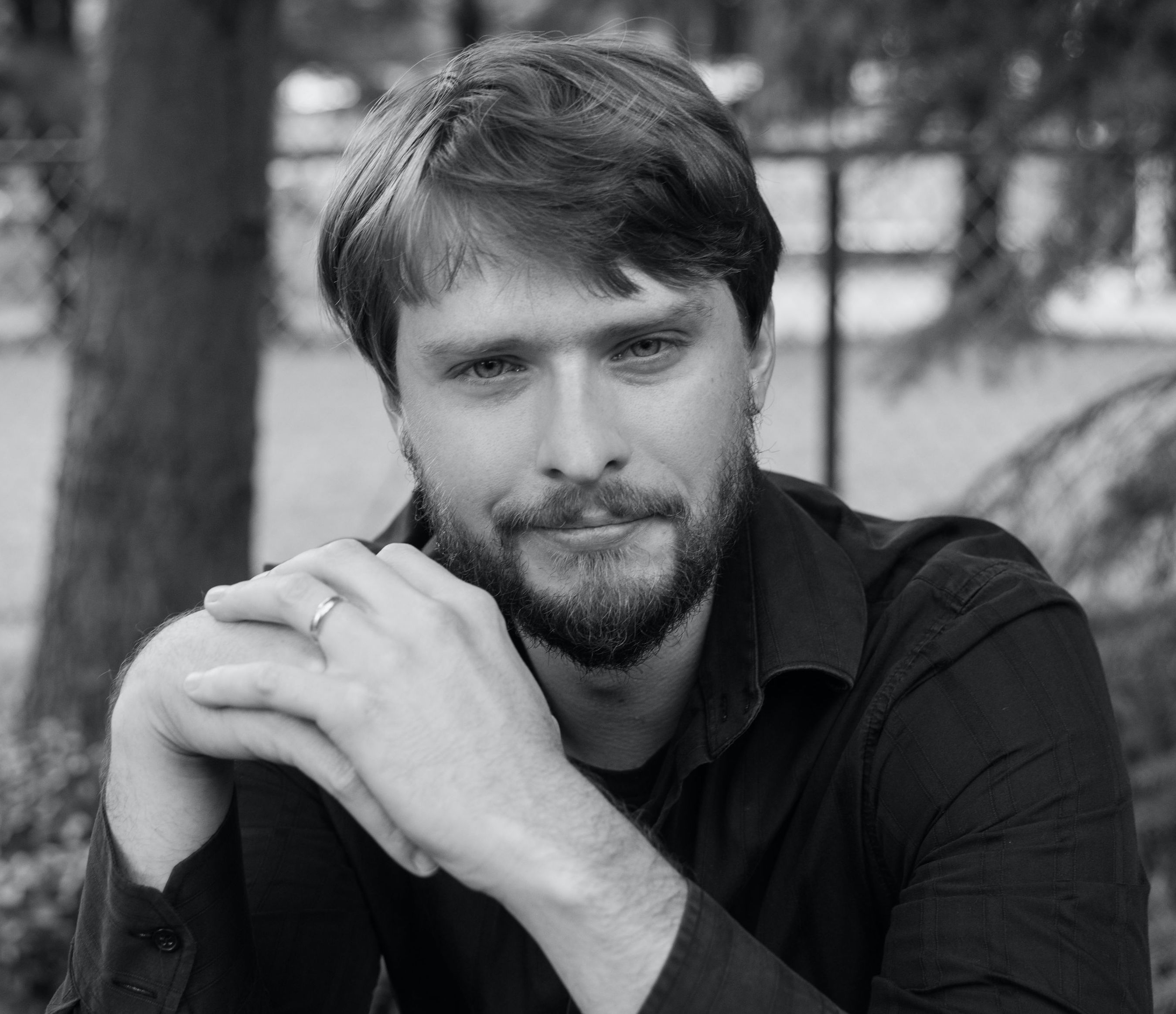Are You Accidentally Committing the Heresy of Pelagianism?
Share

What Is Pelagianism?
Pelagianism is the heretical view that claims Adam’s sin did not affect the rest of humanity. The propagation of this view arose in response to Augustine’s teachings that humanity was totally depraved in nature due to Adam’s sin. It rejects the notion people are born corrupt and sin because of their own fallen nature. In this teaching, people are like Adam when he was created—their nature is not corrupt from sin—yet they can sin because of free will. Pelagianism emphasizes a person’s responsibility for their own sinful nature. According to this view, people are not lost in their sin, but rather have the ability to control themselves. In theory, a person could live a sinless life, however, in practice nobody does.
A view, Semi-Pelagianism, exists which attempts a compromise between Augustinian and Pelagian teaching. In this view, human nature underwent damage by Adam’s sin, making people more inclined to sin, however, they still possess the ability to do good and come to faith in Christ on their own because of God’s prevenient grace.
Who Was Pelagius and What Did He Do?
Pelagius was a British monk born around 360 A.D. whose work became prevalent in the late fourth and early fifth centuries. He was a well-educated man who preferred to administer his teachings primarily through writing. Moralismwas a foundational philosophy that drove much of Pelagius’ work, and his primary concern was encouraging righteous behavior. Little is known about Pelagius’ life as a whole; most of what we do know revolves around Pelagius’ response to the teachings of Augustine.
In the year 380 AD, Pelagius moved from Britain to Rome, possibly because he was drawn to the moralistic preaching of Jerome. The vices and pitfalls of the city were repulsive and spurred Pelagius to vigorously oppose the corruption he saw and press for people to live morally upright. Both through example and teaching, he sought to be an inspiration who turned people to moral living. At that time, the teachings of Augustine were well known, and one statement, in particular, caught the attention of Pelagius. Augustine made the statement, “O God, command what you will and give what you command.” The meaning of this statement was for God to command humanity as He desired and also provide the grace necessary to obey His commands.
This statement did not sit well with Pelagius who believed humanity existed in a spiritually neutral state with the power to exercise free will to obey God. He had no issue with the petition that God commanded whatever He desired, however, Pelagius did have a problem with the idea people needed divine grace to even obey what God requested. He was concerned the view of total depravity taught by Augustine would encourage people to sin because they would see themselves as helpless victims of their sin nature. For Pelagius, any time God commands something to be done, it could only mean a person has the ability to carry it out through their own efforts without the need for divine assistance. As a result, he amplified his teachings on humanity’s power over their own sin to counter what Augustine taught. However, it was not Pelagius who openly challenged Augustine, but one of his students, Julian of Eclanum.
The Church formally condemned Pelagianism multiple times through the centuries, however, like all heresies, the ideas remain in circulation to this day.
Why Is Pelagianism Wrong?
What Scripture says about Adam’s sin. Pelagius taught Adam was morally neutral with the free will to choose equally between good and evil. This does not line up with Scripture. Adam was made in the image of God, which carries moral implications. God is good and can only do good because of His innate moral nature. Likewise, He created Adam with a good moral nature. Adam did have the free will to make moral decisions, but he was inclined to do good when God initially created him. When God gave Adam the command not to eat from the Tree of the knowledge of good and evil, He provided Adam with the necessary conditions to exercise his good moral nature by choosing to obey Him. To suggest Adam was created with a moral neutrality does not agree with Scripture’s teaching that he was made in the image of God.
Furthermore, Pelagius’ teaching that Adam’s sin does not affect us also contradicts Scripture. Adam’s sin affected the entire human race in two ways; we are guilty because of his sin, and we have inherited a corrupt nature.
The Apostle Paul clearly teaches in Romans, humanity is condemned because of Adam’s sin (Romans 5:18-19). Adam acted as the representative of the entire human race and when he sinned, and humanity as a whole was deemed guilty before God. The teaching of the federal headship of Adam is rare in churches today and can even be off-putting to Christians. Some wonder how is it fair to be counted guilty for an act we didn’t commit?
People who struggle with the biblical teaching of federal headship should consider three things. First, we all have sinned and have fallen short of the glory of God (Romans 3:23). There are none who can say they deserve to go to heaven by their own efforts. Second, Adam was perfect and untarnished by sin when he was created directly by God. If there was anyone who could have lived in perfect obedience to God, it was Adam. It doesn’t make sense to think we could have done better. Thirdly, we should consider how unfair it was for Christ to represent us on the cross when He died for our sin. Federal headship is at the heart of Paul’s teaching in Romans 5 and, for Christians, it provides tremendous hope. Just as the condemnation for sin was channeled through the rebellion of one man, our righteousness is channeled through the completed work of Christ. As new creations, Christians no longer dwell under the cursed headship of Adam, but instead now live under the headship of Christ, Who is our unfailing Hope of salvation.
What Scripture says about our sin nature. As mentioned, in addition to the imputed guilt of Adam, all people inherit a corrupt, sinful nature. The notion people are born morally neutral to choose between good and evil is false. The Bible clearly teaches people are born with a corrupt moral nature and we are only inclined to sin (Psalm 51:5; Jeremiah 17:9). Humans are born in a state of spiritual deadness to the Lord; cut off from communion with Him. Even the good deeds people do are an abomination to the Lord. Proverbs teaches even when the wicked plow the field, it is considered sin (Proverbs 21:4). All people apart from Christ are wicked and are incapable of doing anything good. This may seem unrealistic. Surely a person who feeds the hungry and gives to the poor wouldn’t be sinning when they do these good works, would they? The answer is yes. Consider the fact that everyone is born in sin and does not know God. The main motive which drives a sinner’s life has nothing to do with worshipping God and putting Him first but rather is grounded in something outside of God. This amounts to idolatry because the sinner has placed something other than God as their reason for living. All people worship something; if it isn’t God, it is something else, which is idolatry. Pelagianism fails to understand the extent to which sin has corrupted our nature.
What Scripture says about salvation. The train of thought in Pelagianism is that people have a role in their own salvation because they possess the ability to come to faith and God responds in turn by extending His grace to those who believe. Scripture teaches we are dead in our trespasses. Paul states those in the flesh (sinners) cannot please God (Romans 8:8). Salvation is a work that belongs completely to the Lord. We as sinful people have no part in our salvation (Jonah 2:9; Revelation 7:10). Even the ability to come to faith is the result of God graciously working in us.
3 Ways to Know if You Are Harboring Pelagianist Ideas
You believe people can be good apart from Christ. As mentioned before, the sinner’s entire life is driven by idolatry, so every act is infected with sin because they are not living for God. This is not to deny there are beneficial qualities in the good works of others; however, on the spiritual level, everything people do is tainted by sin. Even works done by Christians are mingled with sin. By outward appearances, people may look good, however, we must understand we are all corrupt from sin. The only good God sees when He looks at us is His Son, Who stood in our place.
You depend on yourself to live the Christian life. It is only the regenerative work of the Holy Spirit that enables us to live effectively for God. It’s very easy to slip into the distracted mindset which forsakes our dependence on God and causes us to look to ourselves to walk according to the Word. We must remember we are completely dependent on God to do anything for Him (John 15:5).
You believe people have a role in their own salvation. It seems appealing to think everyone has it within themselves to believe in Jesus if they would choose. However, Scripture describes the nonbeliever as being lost in darkness, not able to understand their dilemma (Ephesians 4:18; 1 Corinthians 2:14). People have no ability within themselves to believe unless God intervenes to draw them to Himself (John 6:44).
Like checking the oil in your car, self-examination should be a routine practice of every believer to ensure we are conforming our beliefs to God’s Word and not to our own comforts or desires. Adhering to Scripture is the only way to maintain a healthy relationship with the Lord. Salvation is God’s greatest gift to us. May we all keep our focus on Christ Who alone is the Author and Perfector of our faith.
Photo credit: ©Getty Images/Jupiterimages
